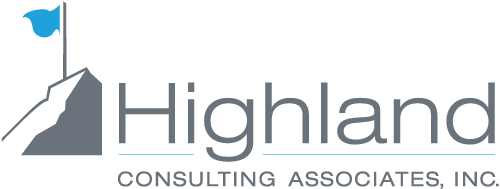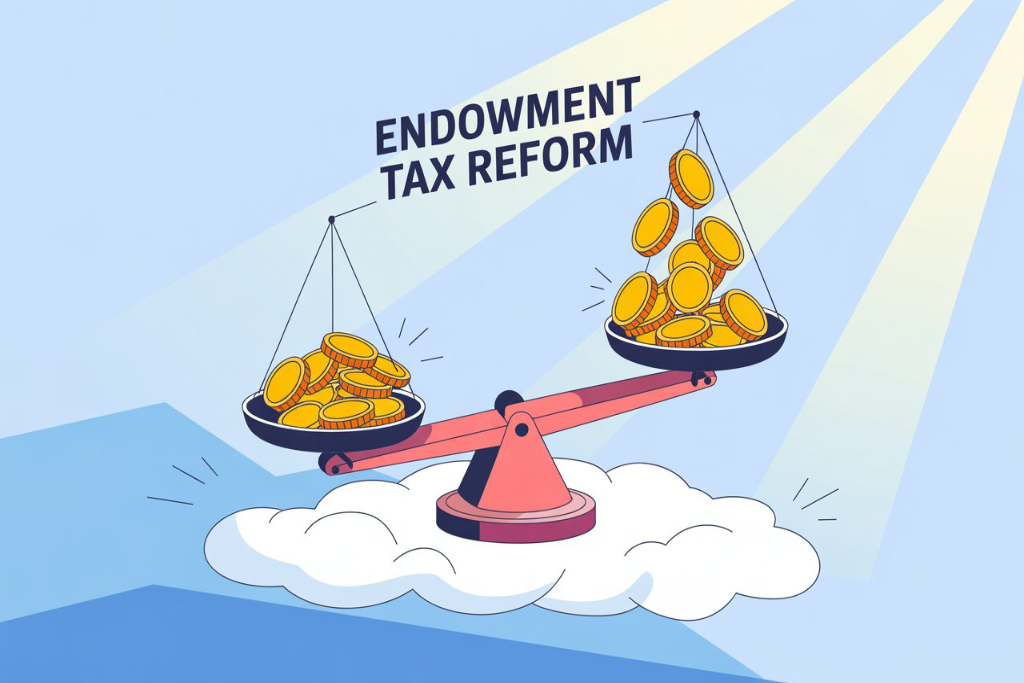Alarmed by the 401(k) Auto Enroll Headlines? Just Opt Out

Following the January 2018 meeting of the American Economic Association (AEA), the Wall Street Journal and other business publications ran these alarming headlines:
Major Problem Reported With 401(k) Auto Enrollment
Downside of Automatic 401(k) Savings: More Debt
401(k) Auto-enrollment Doesn’t Stop Workers from Taking on More Debt
And the sub-headings were nearly as alarming. Consider this one: “New research finds employees auto-enrolled in retirement plans borrow more than they otherwise would have, offsetting savings.” We’d like to propose another headline that our interpretation of the research would support: 401(k) Auto Enrollment Increases Net Worth.
Reading Between the Lines.
The headlines introduced Borrowing to Save? The Impact of Automatic Enrollment on Debt, a research paper of economists from Harvard, Yale and the U.S. Military who studied whether 401(k) auto-enrolled employees funded savings contributions by increased borrowing. Were the savings of the auto-enrolled financed by higher levels of debt?
To examine the net impact of auto enrollment, the group studied civilian employees of the U.S. Army contributing to a Thrift Savings Plan (“TSP,” a federal defined contribution plan similar to a 401(k)), tracking debt levels and credit scores of those hired the year before August 2010 when the TSP adopted the auto-enroll feature, compared to those hired the year after. The study considered debt levels (unsecured and auto, and home loan debt) over a four-year period.
This is what the study’s authors concluded, italics ours:
We find no significant evidence that automatic enrollment increases debt excluding first mortgage and auto loans, suggesting that there is relatively little definitive short-run crowd-out of net worth….Nor do we find any meaningful effect on credit scores or financial distress measured by debt balances in third-party collections.
Yes, those auto-enrollees had accumulated auto and mortgage debt in larger amounts as their years of employment continued.
And doesn’t that seem reasonable?
Following the economic recession of 2008, wouldn’t you expect some increases in borrowing 36-48 months after the 2010 hire date as the economy improved?
And you might imagine that those who were auto-enrolled, with increased savings during the same period, might be more likely to qualify for and secure an auto loan or home mortgage. The fact that participants’ Vantage credit score suffered no downgrading is further evidence that the auto-enrolled savers were paying debts on time and managing credit responsibly.
The Rest of the Story.
Although these recent headlines would have you believe that auto-enrollment, to date the most pro-active tool for improving participation in retirement savings plans, is impotent, or worse, deleterious, that’s not our take.
Vanguard reports that the adoption of automatic enrollment has grown by 300 percent since year-end 2007. More than 60 percent of Vanguard participants are in plans with automatic enrollment. And a 2016 Bank of America Merrill Lynch study found 401(k) participation rates are on the rise, noting a 6 percent increase in new 401(k) plan enrollments, and a 20 percent increase in contributions during 2016. The same study found increased participation among all age groups.
It’s worth noting that one of the economists behind the auto-enroll study, Dr. James Choi of the Yale School of Management, was a leading proponent of automatic enrollment, influencing U.S. pension legislation.
Highland contacted Dr. Choi to ask for a comment on the results of the study and the reporting on it. In part, he replied: “On the positive side, we are not seeing evidence for the worst-case scenario — that automatic enrollment is raising high-interest debt balances or causing financial distress. On the other hand, we are seeing automatic enrollment increasing auto loan and first mortgage balances, and it is unclear exactly what that implies for long-run wealth accumulation.”
Choi continues to do research in the field including a 2017 paper which indicated that nuanced employer communications or “cues” presenting savings targets or goals in employee emails stimulated contribution rates. Participation via auto enrollment together with employee engagement moves the savings needle.
A Better Headline: Auto Enrollment Increases Net Worth, but Not by Enough. Yet.
The Choi et al study and other recent data indicate that automatic enrollment is, in demonstrable fact, creating retirement nest eggs for workers who might otherwise have none. And among U.S. Army civilians studied, we have evidence that these enrollees may be further increasing their net worth with the purchase of a home.
Nonetheless, other data show that many auto-enrollees may have a false sense of security, failing to increase their entry-level contributions (an argument for auto-escalation). By itself, participation in a 401(k) plan is no guarantee of sufficient savings at retirement. A more accurate premise might be that auto-enrollment isn’t an automatic win, but it’s an important start.
The retirement savings effort is a marathon.
You can’t cross the finish line if you don’t enter the race.



